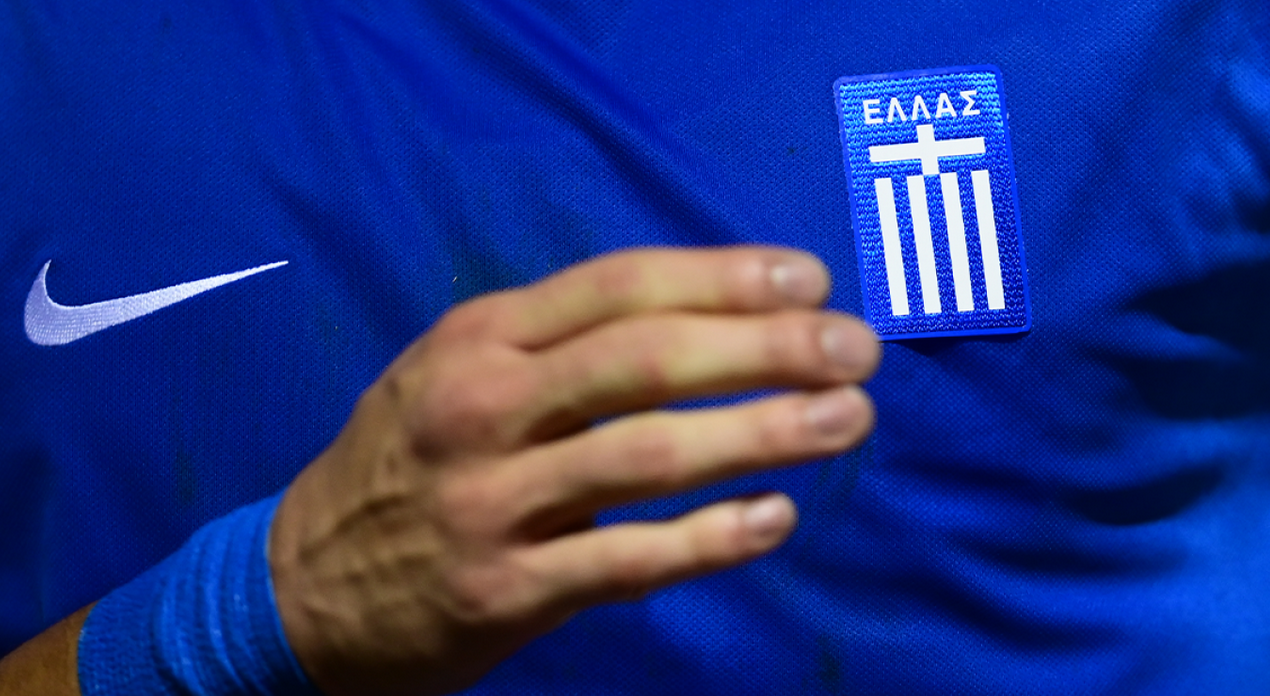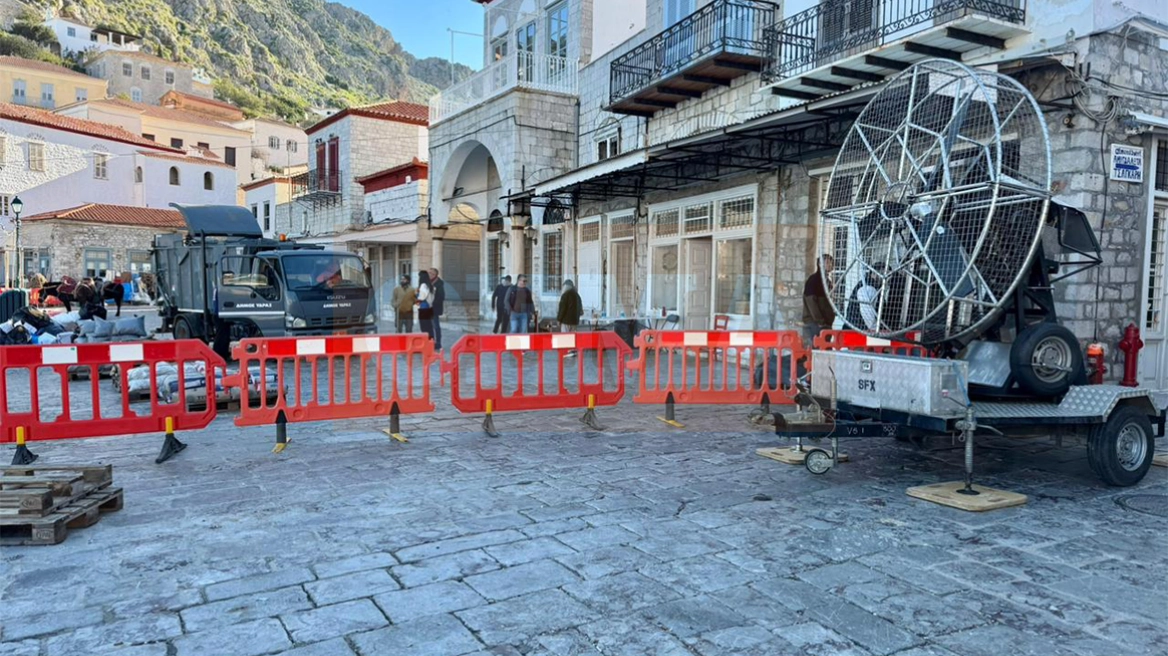A shocking piece of news was revealed by dikisports.blogspot.com, stating that there is a positive sample from a Greek football player who was part of the away team mission against Georgia.
Since this is the first sample, the name cannot be disclosed at this time, something that will happen in the event of testing the second sample and if it turns out positive.
It is worth noting that the testing does not seem to have been conducted by a team of samplers from the Hellenic Anti-Doping Organization (EODA) (it could have been called upon by UEFA to conduct testing during team training sessions). However, as of the time of writing these lines, no official information had reached the Hellenic Football Federation regarding a positive sample from a Greek international player.
This is somewhat odd as in such cases, as soon as a positive sample is identified in the laboratory that conducts the test, the International Sports Federation, WADA, the national federation, and the athlete himself are almost simultaneously informed.
At the same time, another element that is peculiar is that the “dikisports” text refers to the International Testing Agency as the auditing mechanism that carried out the sampling, although the ITA is neither an official partner of UEFA (European Football Association responsible for the specific match) nor FIFA (International Football Federation). This fact, combined with UEFA having its own samplers (because it is a financially robust federation that can afford it without considering the expenses), along with the lack of information from the Hellenic Football Federation, raises many questions.
It should also be clarified that in the event the positive sample is confirmed (upon completion of the examination of the second sample), the National football team does not face any sanctions, unlike the player.
This will be determined after the examination of the second sample, but theoretically until then the player is sidelined from the moment that the Hellenic Football Federation and his team are informed.
Ask me anything
Explore related questions





